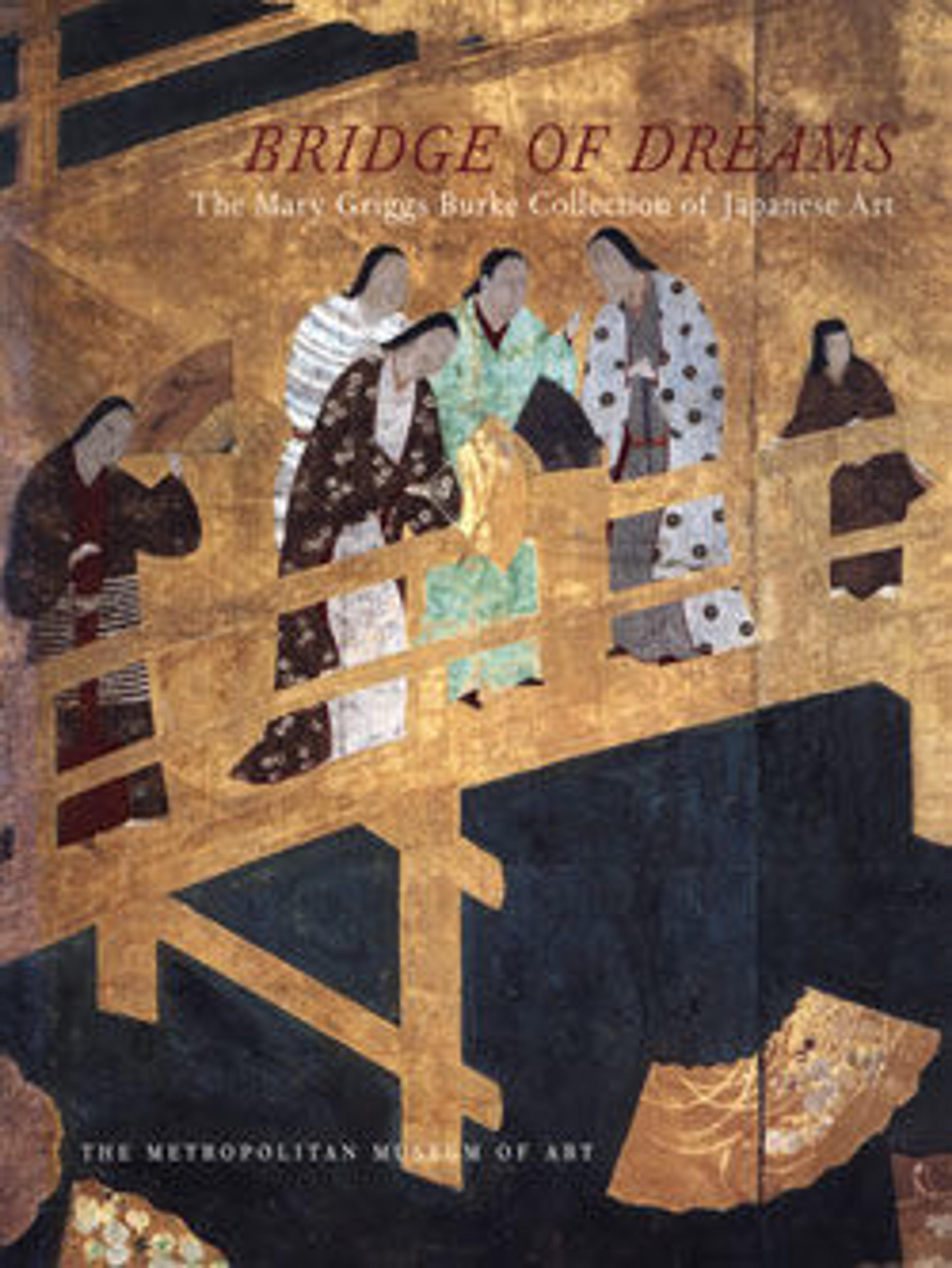Arhat from a series of sixteen Arhats
According to Buddhist scripture, arhats (Japanese: rakan) are protectors of the Dharma who also use assorted magical powers to assist the faithful. They were frequently depicted in groups of eight, sixteen, eighteen, twenty-eight, or five hundred. The arhats pictured were originally part of a group of sixteen (of which only seven are extant) once owned by Hokokuji, a temple on the island of Shikoku. Each arhat in the set is identified by a cartouche at the upper right or left.
Artwork Details
- 羅漢図(十六羅漢図の内)
- Title: Arhat from a series of sixteen Arhats
- Period: Nanbokuchō period (1336–92)
- Date: 14th century
- Culture: Japan
- Medium: Hanging scroll; ink and color on silk
- Dimensions: Image: 45 7/8 x 19 3/8 in. (116.5 x 49.2 cm)
Overall with mounting: 75 3/4 x 25 3/8 in. (192.4 x 64.5 cm)
Overall with knobs: 75 3/4 x 27 1/8 in. (192.4 x 68.9 cm) - Classification: Paintings
- Credit Line: The Harry G. C. Packard Collection of Asian Art, Gift of Harry G. C. Packard, and Purchase, Fletcher, Rogers, Harris Brisbane Dick, and Louis V. Bell Funds, Joseph Pulitzer Bequest, and The Annenberg Fund Inc. Gift, 1975
- Object Number: 1975.268.24
- Curatorial Department: Asian Art
More Artwork
Research Resources
The Met provides unparalleled resources for research and welcomes an international community of students and scholars. The Met's Open Access API is where creators and researchers can connect to the The Met collection. Open Access data and public domain images are available for unrestricted commercial and noncommercial use without permission or fee.
To request images under copyright and other restrictions, please use this Image Request form.
Feedback
We continue to research and examine historical and cultural context for objects in The Met collection. If you have comments or questions about this object record, please contact us using the form below. The Museum looks forward to receiving your comments.
